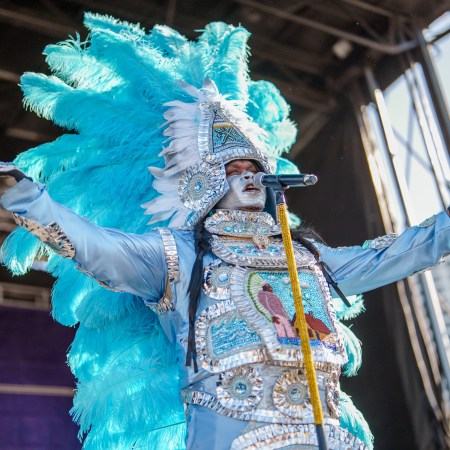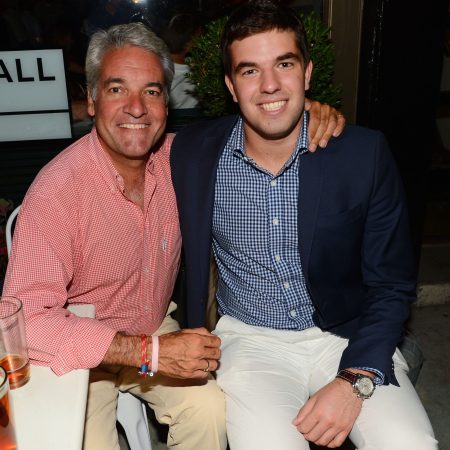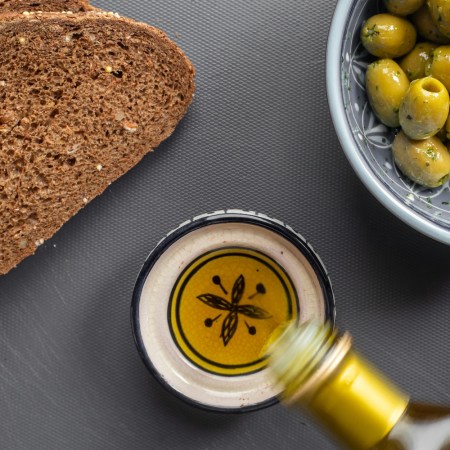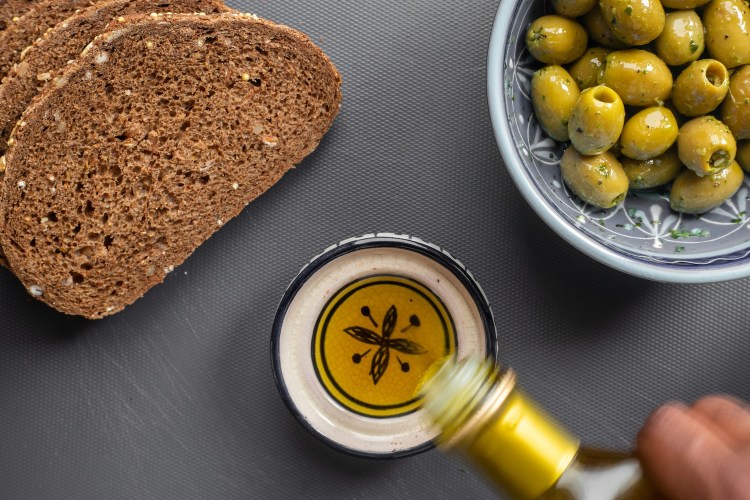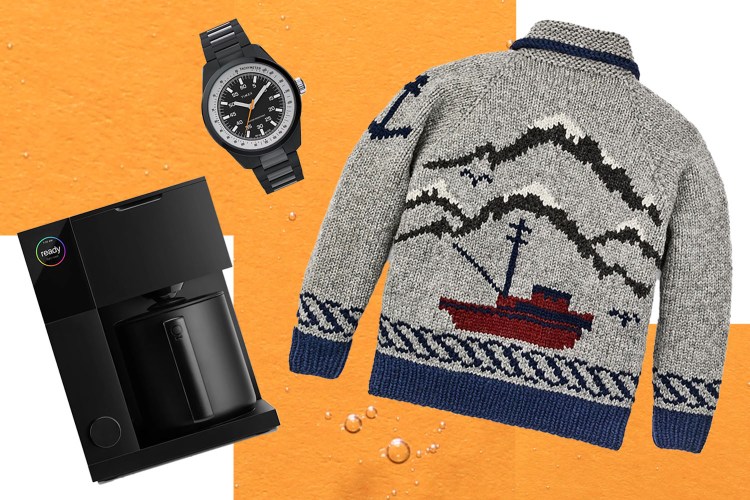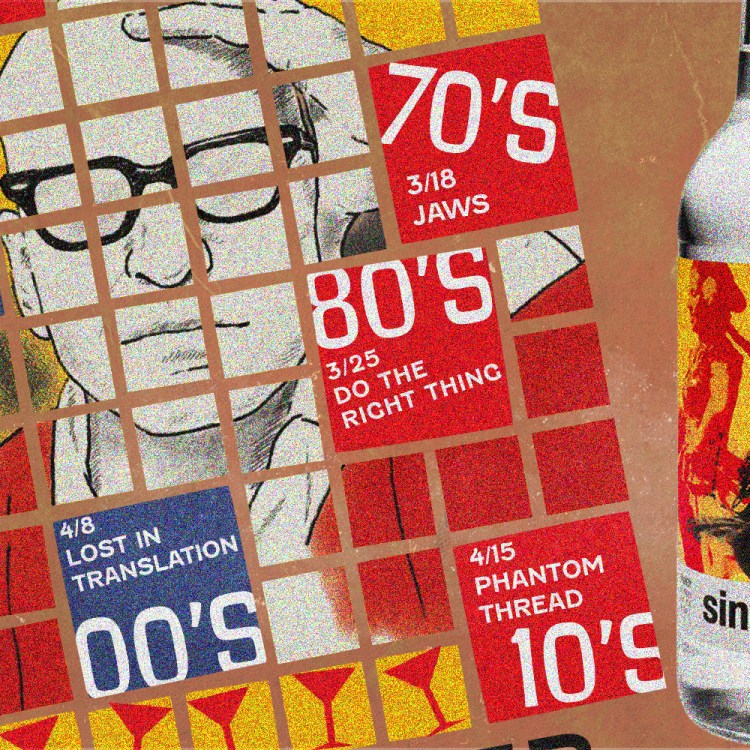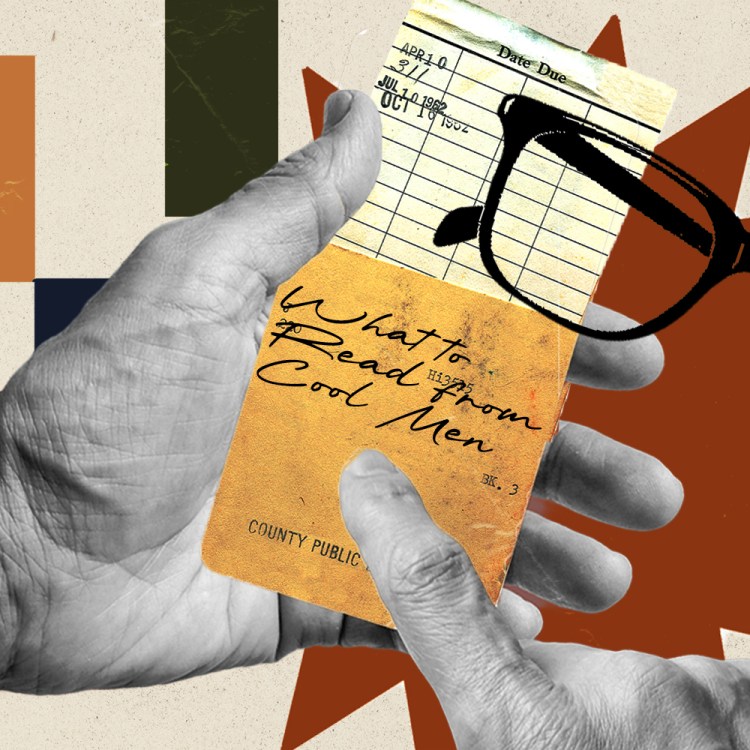Last month, I wrote this headline:
“Did You Hear the One About the Music Festival With Private Yachts and Supermodels?”
Or rather, it wrote itself. For once, it seemed, there was no embellishment necessary: the festival in question really did promise those things, along with a dozen or so other amenities that could’ve taken top billing (cave diving, Champagne brunches, a literal bay of pigs, $1m in buried treasure, etc.).
Here’s the problem: as you’ve probably heard, the festival in question never actually happened.
After what might have been the most buzzed-about marketing campaign in the history of human gatherings (which is apparently where all their money went), the inaugural “Fyre Festival” went ass-over-teakettle last weekend, stranding thousands of twenty- and thirtysomething hedonists on a small island in the Bahamas with naught but some FEMA tents and sad-looking cheese sandwiches to tide them over until evacuation help arrived.
The dinner that @fyrefestival promised us was catered by Steven Starr is literally bread, cheese, and salad with dressing. #fyrefestival pic.twitter.com/I8d0UlSNbd
— Trevor DeHaas (@trev4president) April 28, 2017
Now Fyre Festival’s organizers are facing a pair of class-action lawsuits (with more to follow, presumably) that could cost them well in excess of $100 million. And while they — i.e., the organizers — are gloriously, unmistakably at fault for all this, they’re not the only ones at fault.
I’m at fault. InsideHook is at fault. We fell for the buzz, accepted an offer from Fyre Festival to promote the event in exchange for discounted tickets for our readers, and ran the article you see in the second sentence of this editorial.
Here’s the thing, as “lifestyle” journalists — aka people who, for the most part, recommend consumer goods and experiences for a living — Fyre Festival was a slam dunk: a getaway so inherently packed with appeal that writing about it required very little in the way of persuasive language, hyperbole or any other garden-variety rhetorical devices. It seemed, for lack of a better phrase, too good to be true.
And you know what they say about those things.
We were hardly alone in this, mind you. Fyre Festival’s official pitch deck touted advanced press from a veritable who’s who of monolithic media brands: Esquire, Glamour, Vogue, Playboy, W … I’d be selling us short if I said we were the only ones the upstart festival duped. But for a few short months in 2017, Fyre Festival was a mythical idea that captured attention spans and the pageviews that came with them. And as publishers who stand to benefit from those pageviews, it was a hard topic to resist.
Ideally, media companies would personally vet every recommendation they make. At InsideHook, we certainly try to whenever possible, especially with regard to the local experiences (restaurants, shops, hotels, etc.) you find in our daily emails. But for something like Fyre Festival — a first-time event — that can prove impossible.
So where do we go from here, collectively? We meaning both the producers of lifestyle content as well as the readers who consume it. How do we avoid another Fyre Festival? How do we avoid chasing windmills, and in turn sending you to do the same?
Let’s break this down point by point.
1. We need to be very, very wary of social media “influencers.” The advent of Fyre Festival was a cryptic Instagram campaign that involved a gaggle of famous supermodels doing famous-supermodel stuff on an island in the Caribbean. As reported by Vice, said models (and other members of Instagram’s glitterati) were paid between $20,000 and $250,000 to promote Fyre … per post. Know who’s not losing any sleep (or money) over Fyre’s cancellation? Said glitterati, most of whom have since deleted their promotional posts and eschewed any blame for deceiving their followers. Influencers are, by and large, willing to trade their personal “brand” in exchange for the right amount of money. At the end of the day, there is nothing of consequence on the line for them if the product they are promoting goes to sh*t. We all need to be aware of this, and make more informed decisions as consumers accordingly. (Which isn’t to say there aren’t influencers out there you can trust; there are. Just exercise vigilance.)
2. Do your homework. To quote all of our parents, grandparents and grade-school teachers: If Billy McFarland told you to jump off a bridge, would you? Your short answer is probably “No.” Your longer answer is probably “Who the f*ck is Billy McFarland?” McFarland is the 25-year-old entrepreneur who organized Fyre Festival. He has exactly zero experience hosting, staging or organizing a music festival. So why, exactly, did we all assume he could pull off the most opulent music festival ever? McFarland’s most well-known project prior to Fyre was something called Magnises, an executive club that promised to grant members access to “concerts, tastings with notable chefs, and exclusive art previews at top galleries,” among other white-glove perks. A quick trip to the Better Business Bureau would’ve told you that Magnises is — surprise! — a bit of a sham. And McFarland’s other ventures to date haven’t fared much better. Which is a roundabout way of saying no, you should not follow him off a bridge, and nor should you give anyone with a spotty track record large sums of money in exchange for unproven goods.
Expectation vs. Reality#fyre #fyrefestival pic.twitter.com/U80NApajxl
— William N. Finley IV (@WNFIV) April 28, 2017
3. Be loyal to brands who serve you well and do good work. Just as this experience should teach us all to be more skeptical consumers when dealing with unknown entities, so too should it teach us to value those entities who deliver on their promises. Take Coachella, whose organizer, Paul Tollett, was recently profiled by the New Yorker. Whether you’re a fan of the desert festival or not, you’d be hard-pressed to call it anything but a paragon of efficiency and quality when it comes to large-format live music production. That’s because they’ve honed their model over nearly two decades, and Tollett, an avid music fan, has been meticulously lording over it for the duration. So when Tollett launches a new festival — say, Panorama, which made its maiden voyage in New York last summer — you can and should trust that good things will come. It’s no coincidence that’s where we decided to send the winner of our Fyre Festival giveaway as a consolation prize in the aftermath of this week’s debacle.
4. We all need to accept our roles in this. That’s the point of this mea culpa, after all. To own up to the fact that InsideHook promoted an event that, ultimately, we shouldn’t have. Unlike some publications, we have no intention of taking down the adulatory preview of Fyre Festival we wrote before it ever got off the ground. It’s there for anyone with a search engine and a basic knowledge of keywords to see: a scarlet letter F for our failure to properly vet an experience we covered. Likewise, it’s your job as a consumer to greet any recommendation you read on the internet with a healthy degree of skepticism. A lifestyle website can lead you to water, but it is ultimately your decision to drink.
For our part, we solemnly swear to redouble our efforts to abide by all four of these principles in our editorial, marketing and promotional coverage going forward. And in doing so, we hope that you, our readers, will count us among those brands that serve you well and do good work.
And we’ll never ask you to jump off a bridge. At least without a bungee cord attached to your feet.
Promise.
Image via Fyre Festival
The Charge will help you move better, think clearer and stay in the game longer. Subscribe to our wellness newsletter today.
